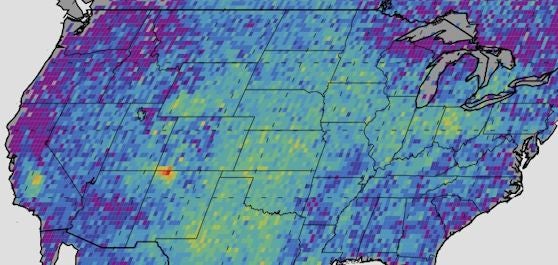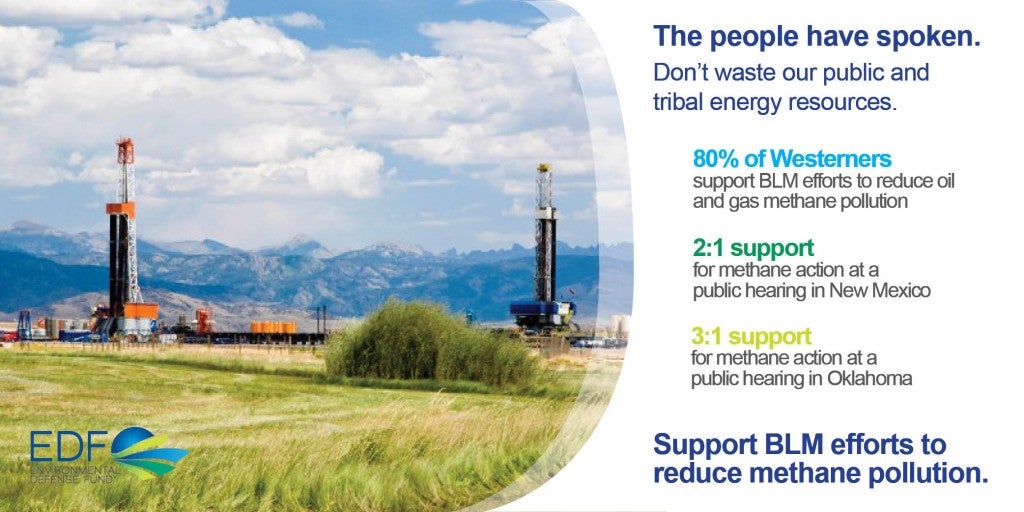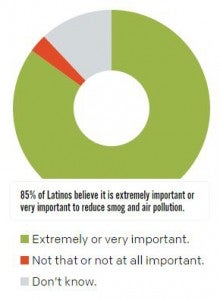 By Rama Zakaria, Graham McCahan
By Rama Zakaria, Graham McCahan
A newly-updated report is shedding light on what President Trump’s solar trade tariffs may mean for one state – and underscoring a tremendous opportunity to move forward toward clean energy, with all the benefits it can bring.
Xcel Energy filed its 30-day bid report update with the Colorado Public Utilities Commission on March 1. The update follows Xcel’s filing at the end of last year, in response to an “all-source solicitation,” as part of its Electric Resource Plan and its proposed Colorado Energy Plan.
Xcel’s plan would shut down two units at the Comanche coal plant in Pueblo, Colorado, and replace the capacity with a mix of lower-carbon resources. Earlier results were unprecedented, with more than 80 percent of the bids coming from renewable energy and storage at incredibly cheap prices.
Xcel then provided bidders an opportunity to refresh their bids following President Trump’s final decision in the Suniva/SolarWorld trade case in January, which imposed tariffs on imported solar equipment.
The refreshed bids in Xcel’s updated report show minimal change relative to last year’s results and confirm that new wind and solar power in Colorado continues to be cheaper than existing coal plants – despite the trade tariffs. Read More











 Each month, the Energy Exchange rounds up a list of top clean energy conferences around the country. Our list includes conferences at which experts from the EDF Clean Energy Program will be speaking, plus additional events that we think our readers may benefit from marking on their calendars.
Each month, the Energy Exchange rounds up a list of top clean energy conferences around the country. Our list includes conferences at which experts from the EDF Clean Energy Program will be speaking, plus additional events that we think our readers may benefit from marking on their calendars. What do Farmington, NM, Oklahoma City, Lakewood, CO and Dickinson, ND have in common? These cities are in the heart of oil and gas country, and – most importantly – were locations in which the BLM heard overwhelming support for strong efforts to reduce wasteful venting, flaring and leaks from the oil and gas industry at a series of public meetings in recent weeks.
What do Farmington, NM, Oklahoma City, Lakewood, CO and Dickinson, ND have in common? These cities are in the heart of oil and gas country, and – most importantly – were locations in which the BLM heard overwhelming support for strong efforts to reduce wasteful venting, flaring and leaks from the oil and gas industry at a series of public meetings in recent weeks. These numbers don’t lie. They represent the strong support new methane waste and pollution reduction rules from the Department of Interior’s Bureau of Land Management enjoy across the west. Methane is a potent climate pollutant and the main constituent of natural gas, so when oil and gas companies on public land allow methane to be leaked, burned or vented to the atmosphere, it not only impacts air quality and our climate, it also represents an economic loss to taxpayers.
These numbers don’t lie. They represent the strong support new methane waste and pollution reduction rules from the Department of Interior’s Bureau of Land Management enjoy across the west. Methane is a potent climate pollutant and the main constituent of natural gas, so when oil and gas companies on public land allow methane to be leaked, burned or vented to the atmosphere, it not only impacts air quality and our climate, it also represents an economic loss to taxpayers.